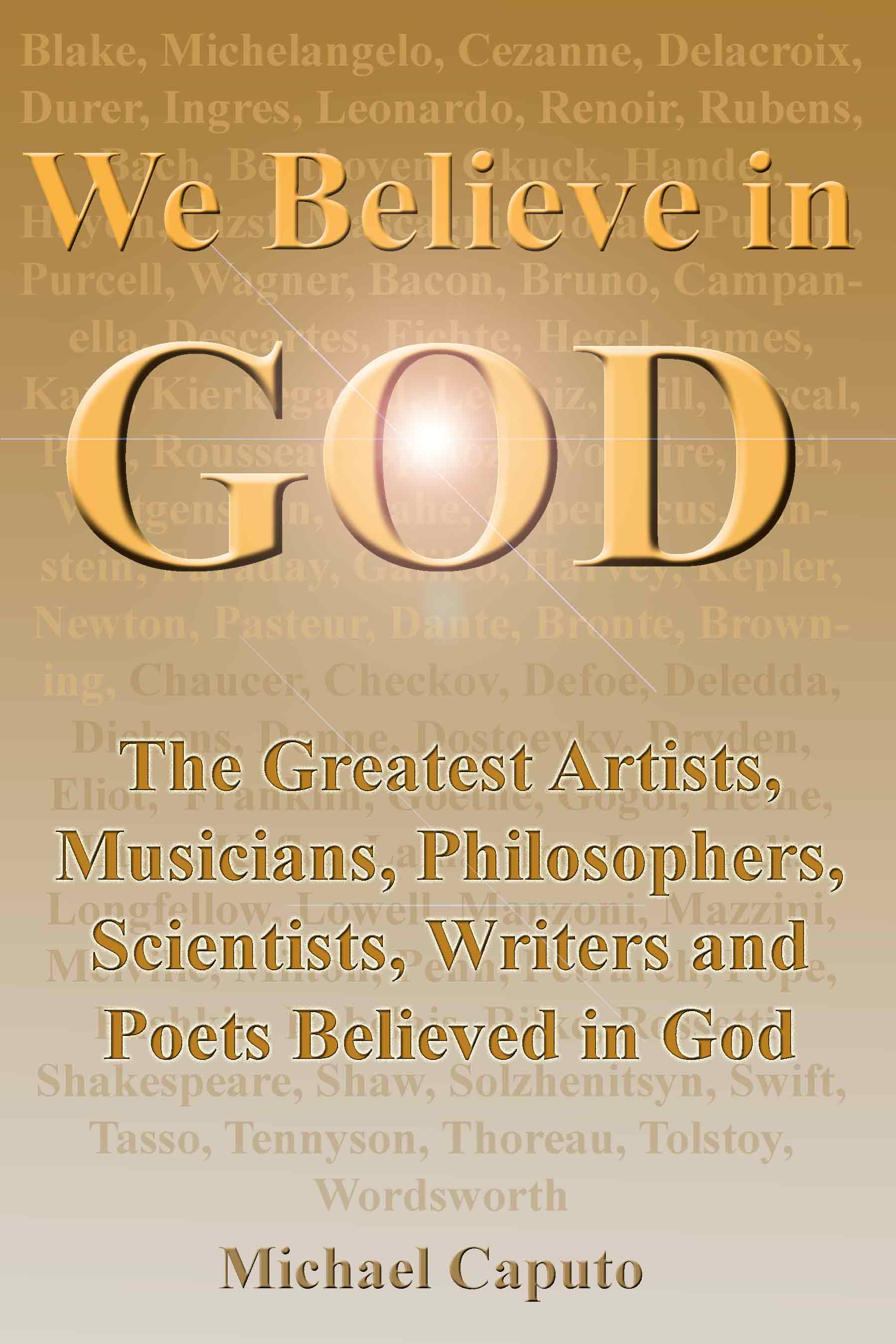| |
JEAN PAUL SARTRE: ATHEIST
OR BELIEVER?
Jean Paul Sartre was a militant atheist most of his life. In fact he and
his lover, Simone de Beauvoir, became two of the 20th century's foremost
atheists. Though de Beauvoir remained an atheist until the very end, Sartre
appears to have come to the realization that he had been wrong
-- to the shock
and dismay of all his followers and admirers.
The one who revealed Sartre’s
astonishing change was his friend and ex-Maoist, Pierre Victor (A.k.a. Benny
Levy), who spent much of his time with the dying Sartre and interviewed him
on several of his views. According to Victor, Sartre had a drastic change of
mind about the existence of God and started gravitating toward Messianic
Judaism. This is Sartre’s before-death profession, according to Pierre
Victor: “I do not feel
that I am the product of chance, a speck of dust in the universe, but
someone who was expected, prepared, prefigured. In short, a being whom only
a Creator could put here; and this idea of a creating hand refers to God.”[i]
This
statement effectively closes Sartre’s existential phase to the consternation
of his followers and his lover, Simone de Beauvoir, in particular. During
Sartre’s funeral, De Beauvoir reportedly behaved like a bereaved widow, but
later became quite critical of Sartre in her “Cérémonie Des Adieux.”
Later on, she revealed her anger at his change of mind by stating,
“How should one explain this senile act of a turncoat? All my friends, all
the Sartreans, and the editorial team of Les Temps Modernes supported
me in my consternation.”[ii]
Further evidence that supports Sartre’s move
toward belief in God is found in an unlikely source, “theinfidels.org.”
This fanatical atheist web site, tells us that in 1980,
about a month
before Sartre's death, he was interviewed by one of his assistants, Benny
Lévy, and within these interviews he expressed interest in Messianic
Judaism. The web site again adds that Sartre was only interested in the
“metaphysical” aspects of Judaism, but that he continued to reject the idea
of an existing God.[iii]
In the next paragraph
they admit that in a 1974, in an interview with
Simone de Beauvoir,
Sartre said
that at times he saw himself "as a being that could, it seems, only come
from a creator." However, they point out, he added that "this is not a
clear, exact idea..." As expected, they then proceed to assure us that
before and after these statements Sartre makes clear that he was and
remained an atheist.
[iv]
Finally they
admit that Sartre’s supporters were upset about Sartre’s acceptance of
“something” in Judaism, which was a clear rejection of Marxism, a philosophy
which had been a huge and central part of his philosophical thoughts.
Unfortunately for them, Sartre confirmed that Levy’s interviews were
authentic.
[v]
One
cannot but smile at the reticence on the part of these atheists to admit
that the evidence betrays that something “major” was happening in Sartre’s
thinking. By putting two and two together it appears that Sartre did not
have a last minute conversion at all, but that over several years there was
a gradual transformation in his thinking that he “hesitantly” admitted to in
1974, probably so as not to upset De Beauvoir and his followers, and that he
finally appears to have fully confessed his transformation to his dear
friend Victor before his death. The fact that he confirmed that Victor’s
interviews were genuine adds plenty of support to this conclusion. Thus, the
fanatical atheist, Jean Paul Sartre, appears to have seen the light toward
the last years of his life -- unfortunately after having influenced many
around the world into accepting the philosophy of Atheism.
i.
National Review, June 11, 1982, p. 677. Cited in
McDowell, J. Stewart, D. Handbook of Today’s Religions –
Existentialism.
http://www.greatcom.org/resources/handbook_of_todays_religions/04chap04/default.htm
(viewed December 27, 2007)
ii.
Ibid.
iii.
Theinfidels.org, Sartre, Jean Paul,
http://www.theinfidels.org/zunb-jeanpaulsartre.htm
(Viewed December 27, 2007)
| |
We Believe in God
The Greatest
Artists, Musicians, Philosophers, Scientists, Writers and Poets
Believed in God...(And
a great many Nobel-Prize winners).

Unlike what atheists propagate, the greatest
minds of the past believed in God.
Read the fully-referenced proofs in this book.
AVAILABLE IN BOTH PAPERBACK AND
E-BOOK FORMAT ON AMAZON. |
|
|
Free Booklet from
UCG.org
Life's Ultimate Question: Does God Exist?
(No
Follow Up)

|
HOME
/
Distortions |
|






